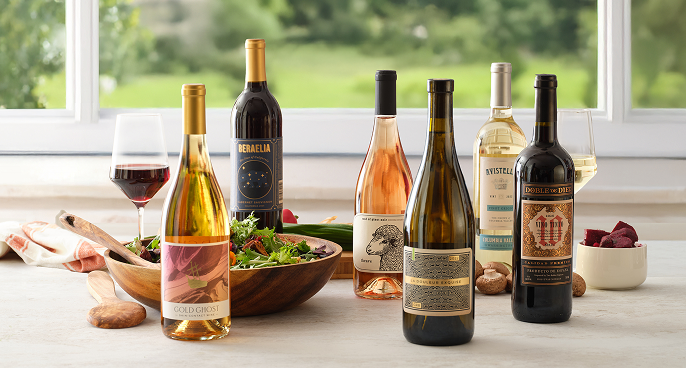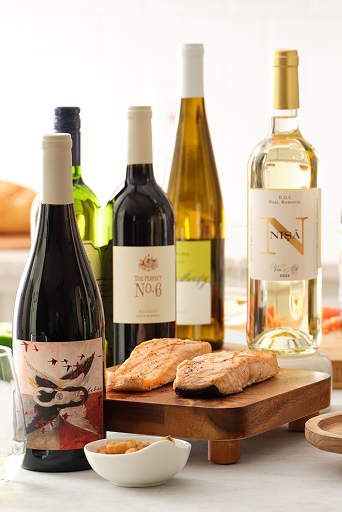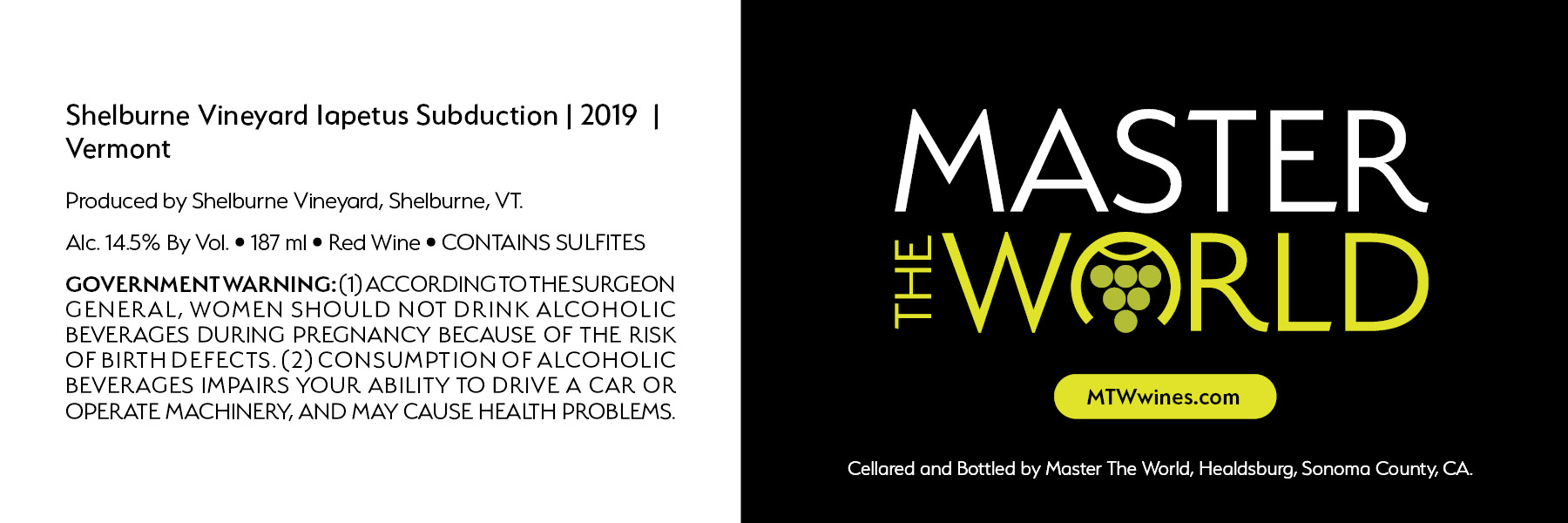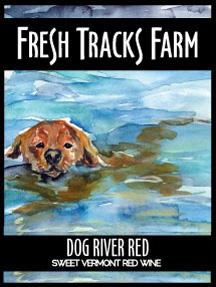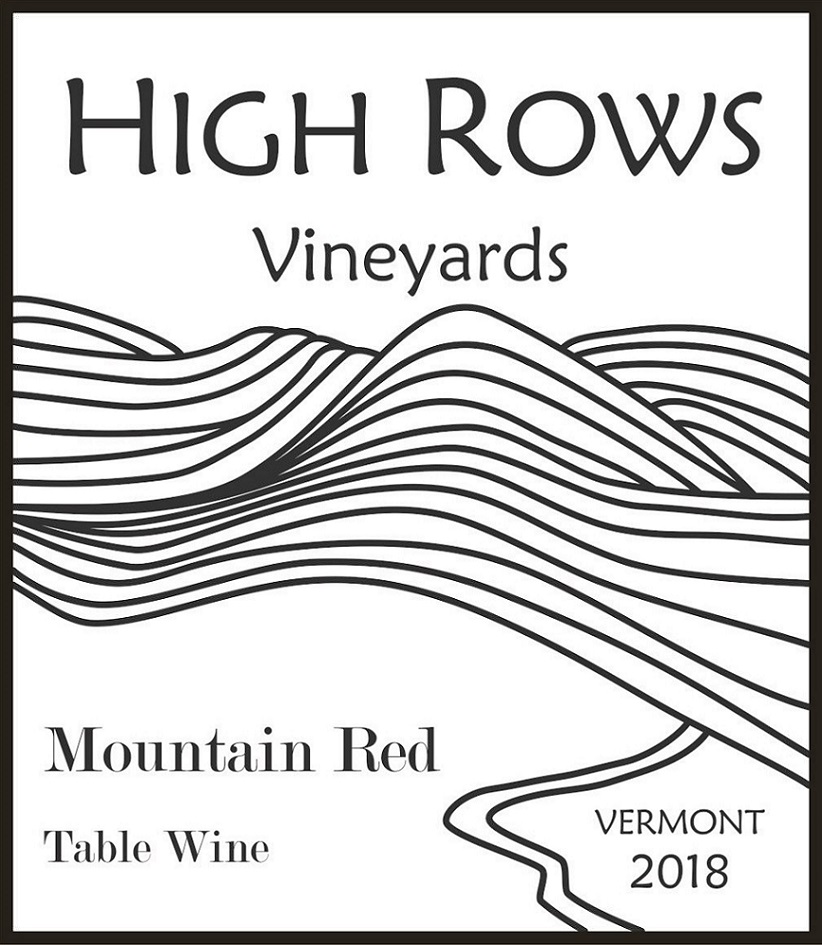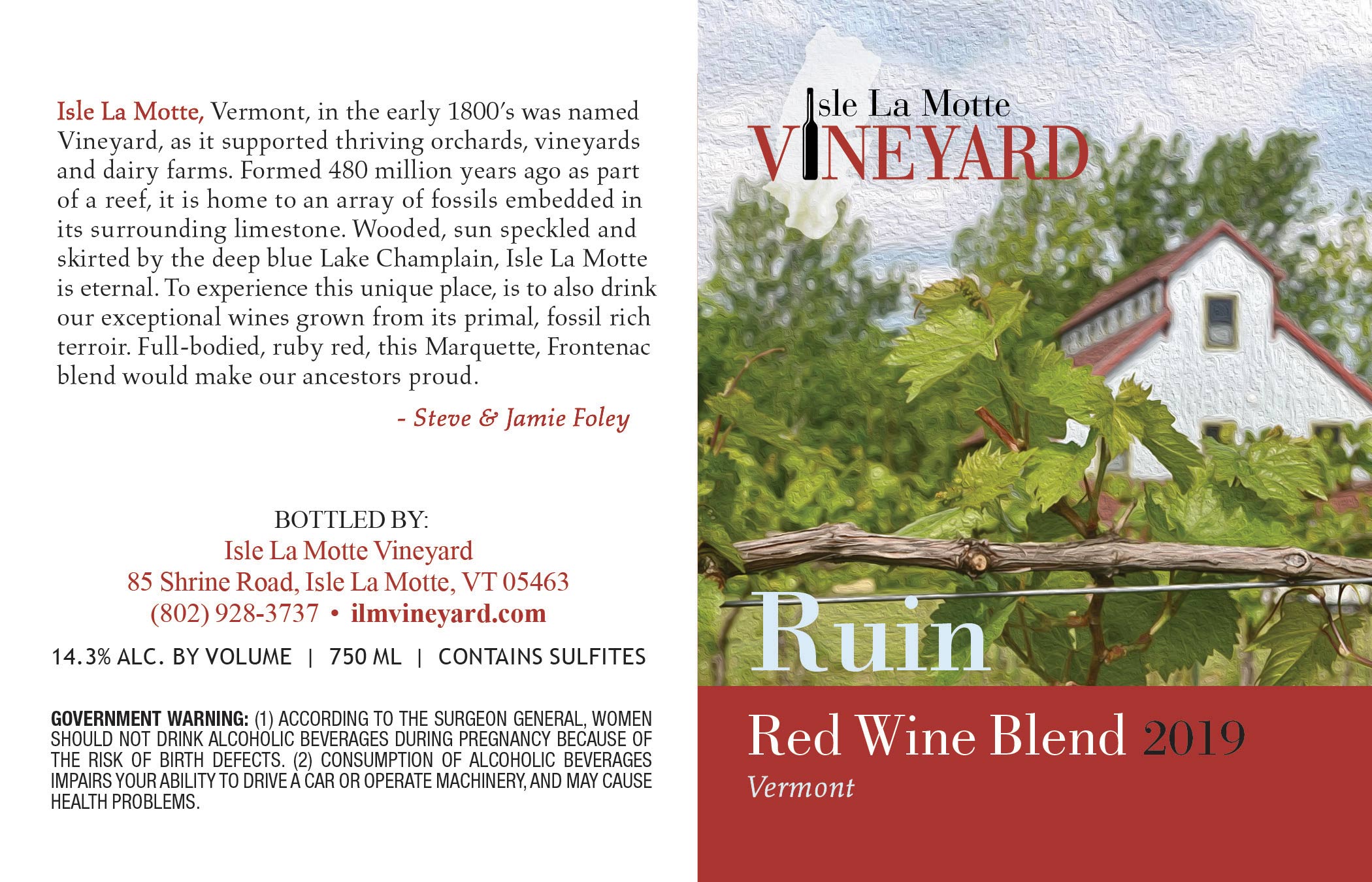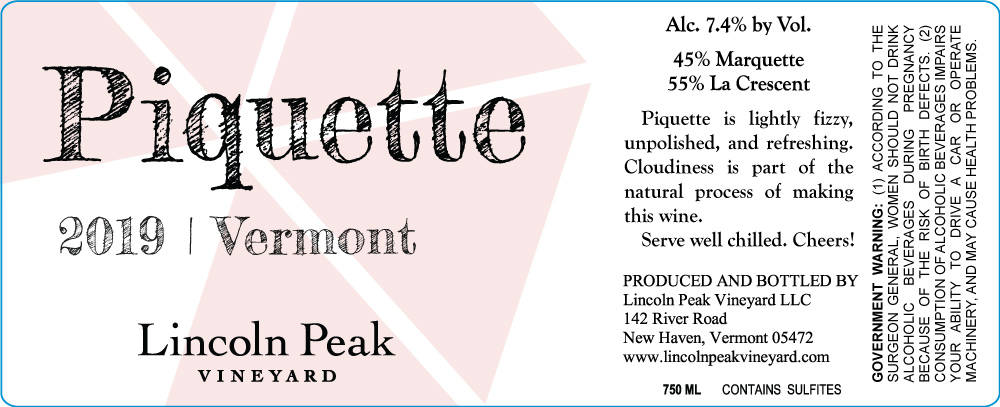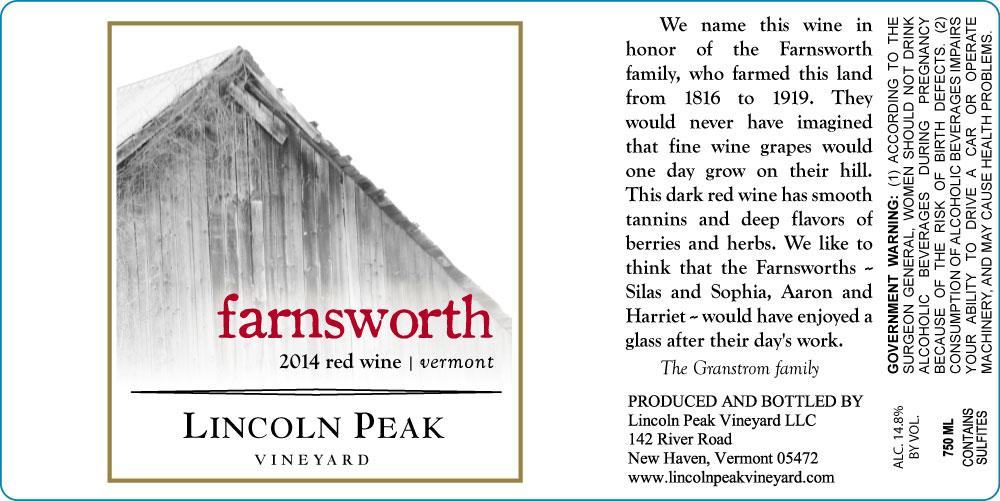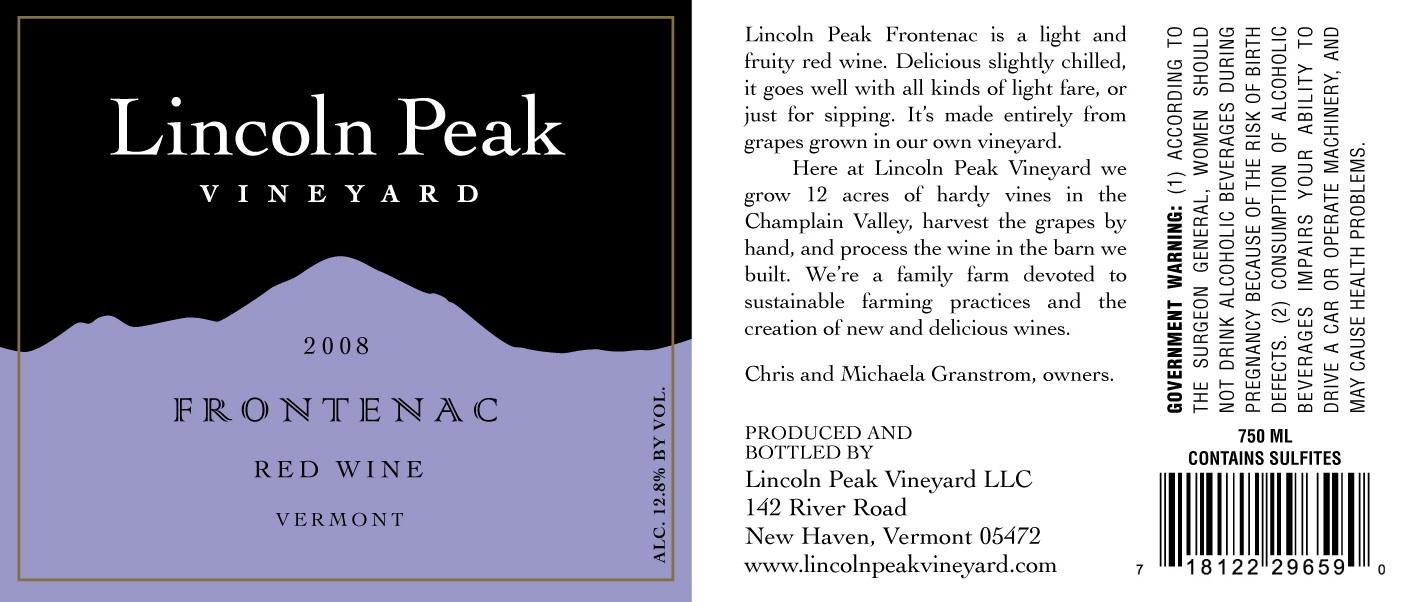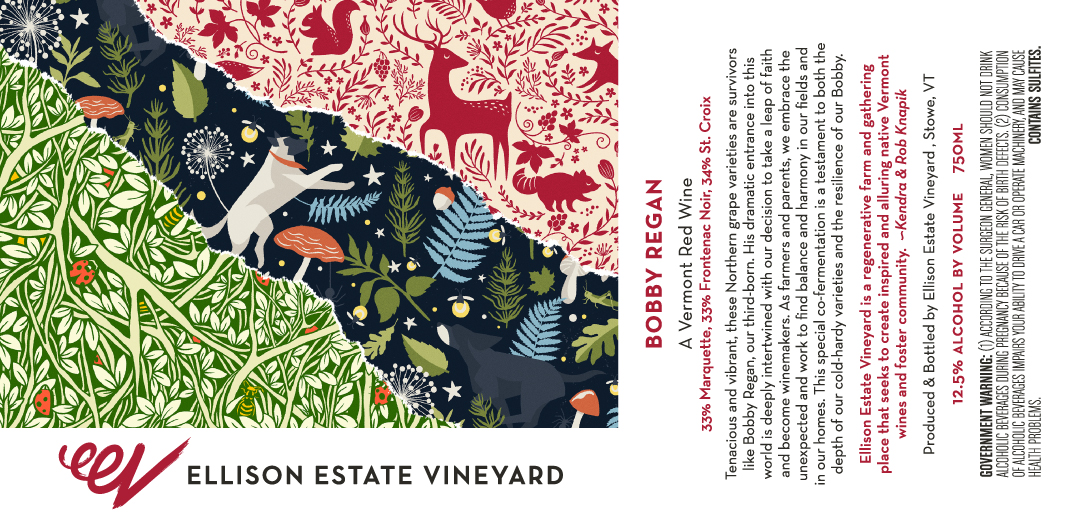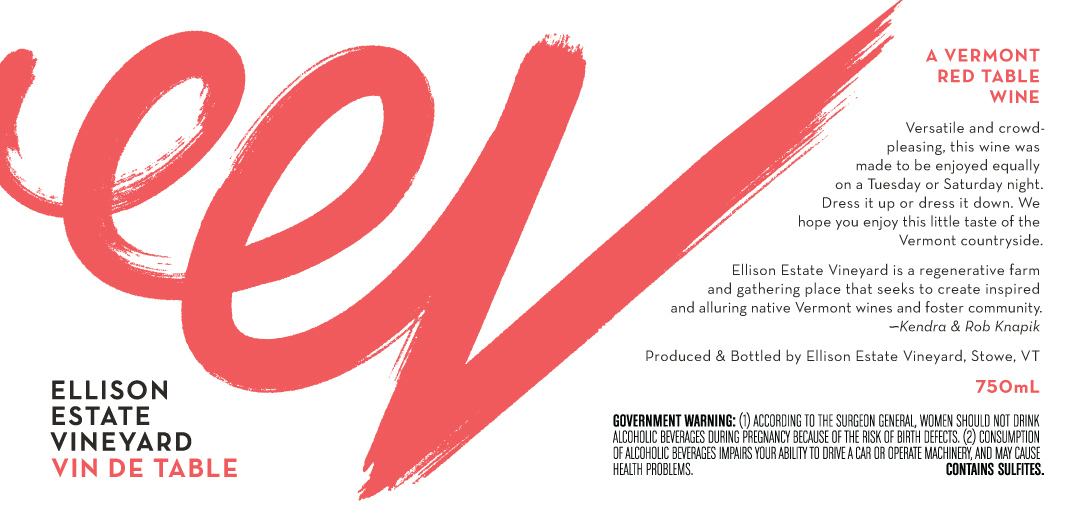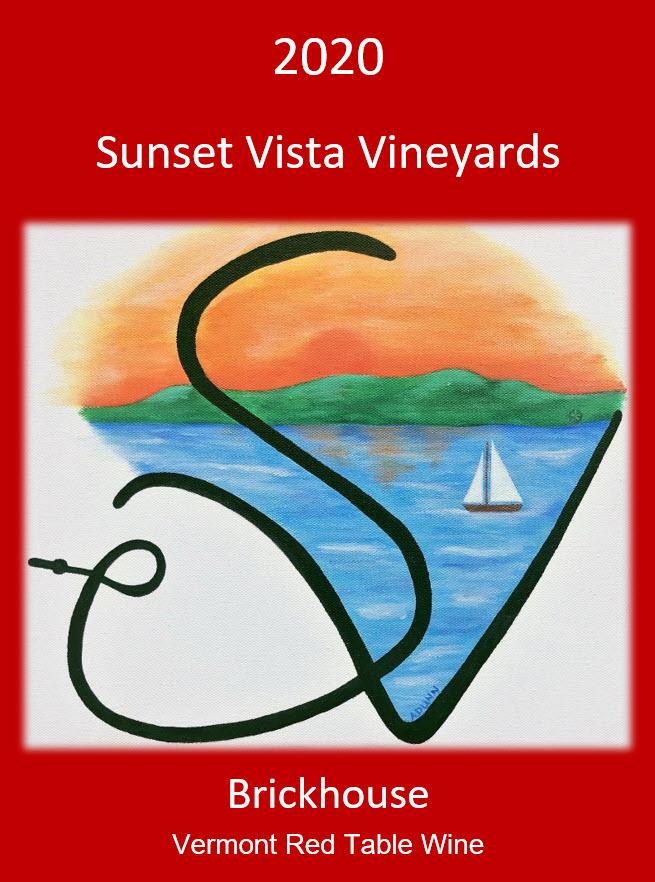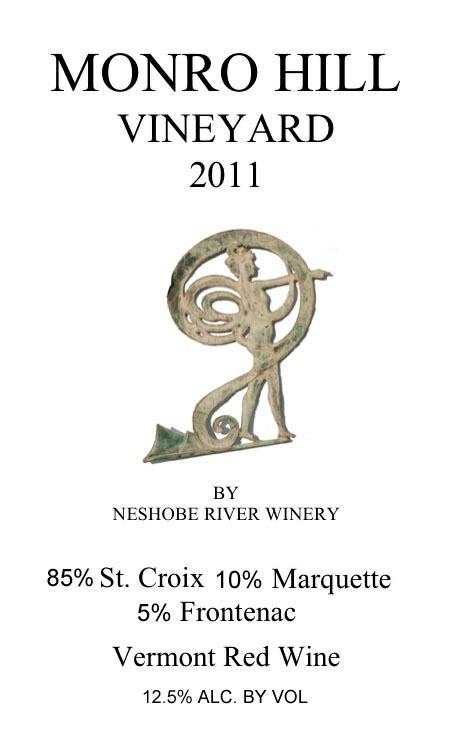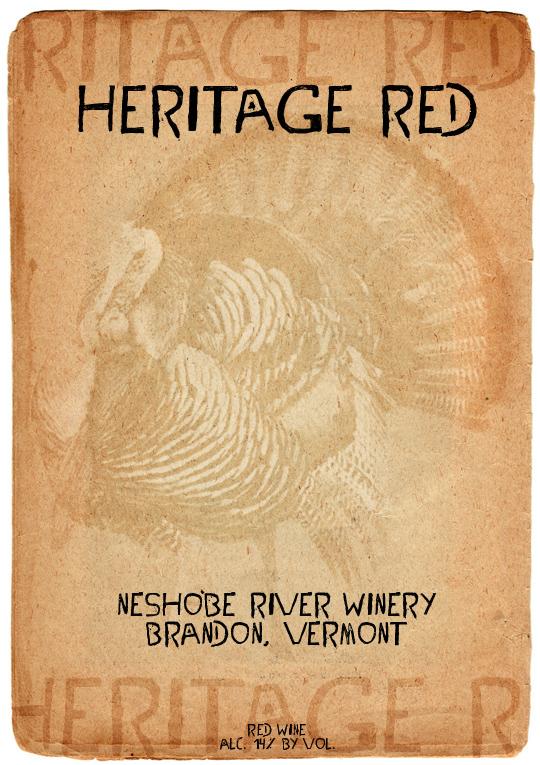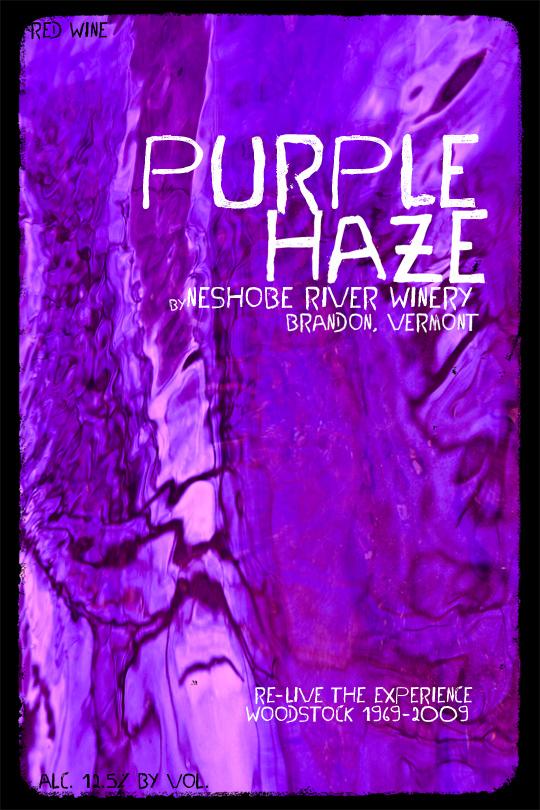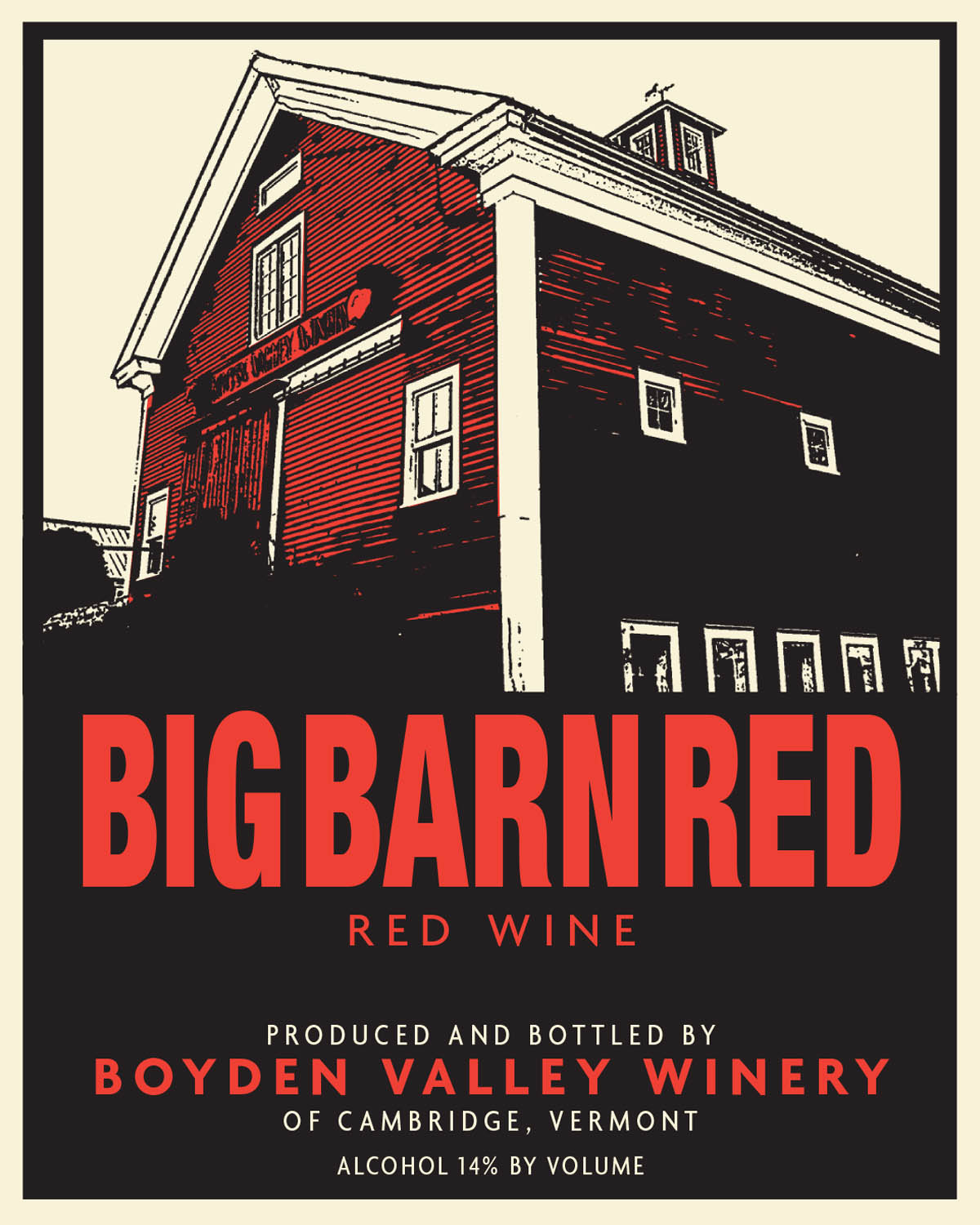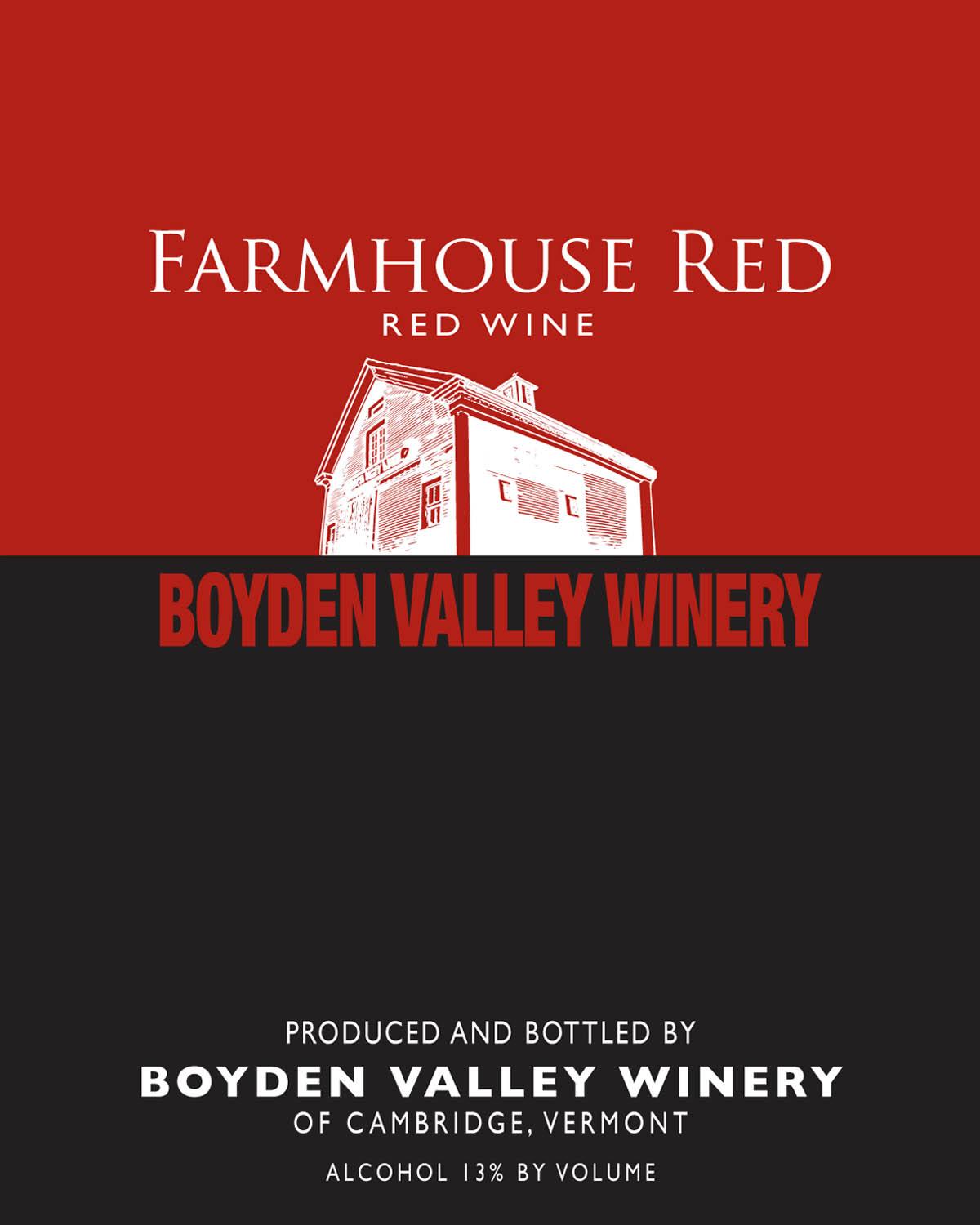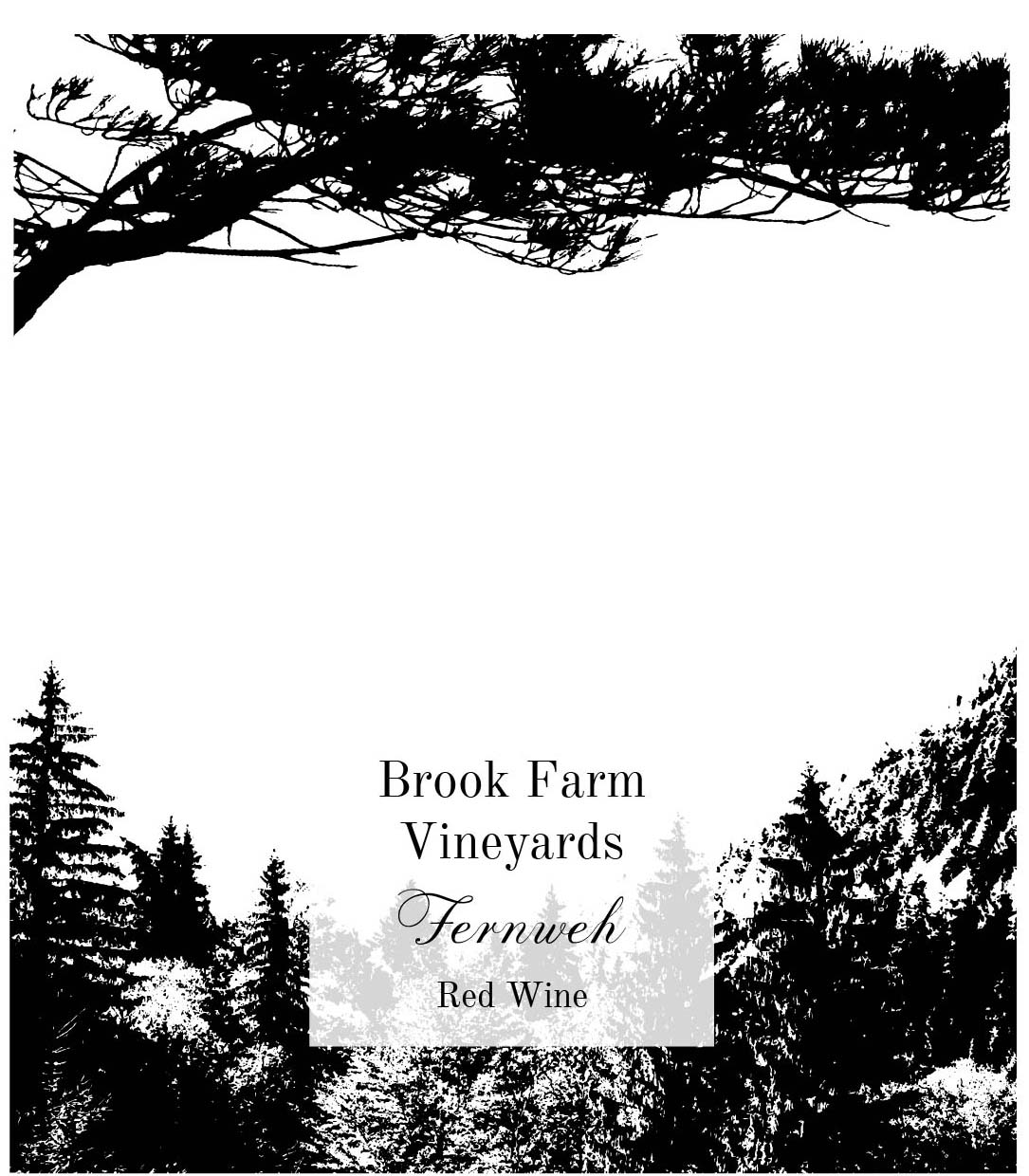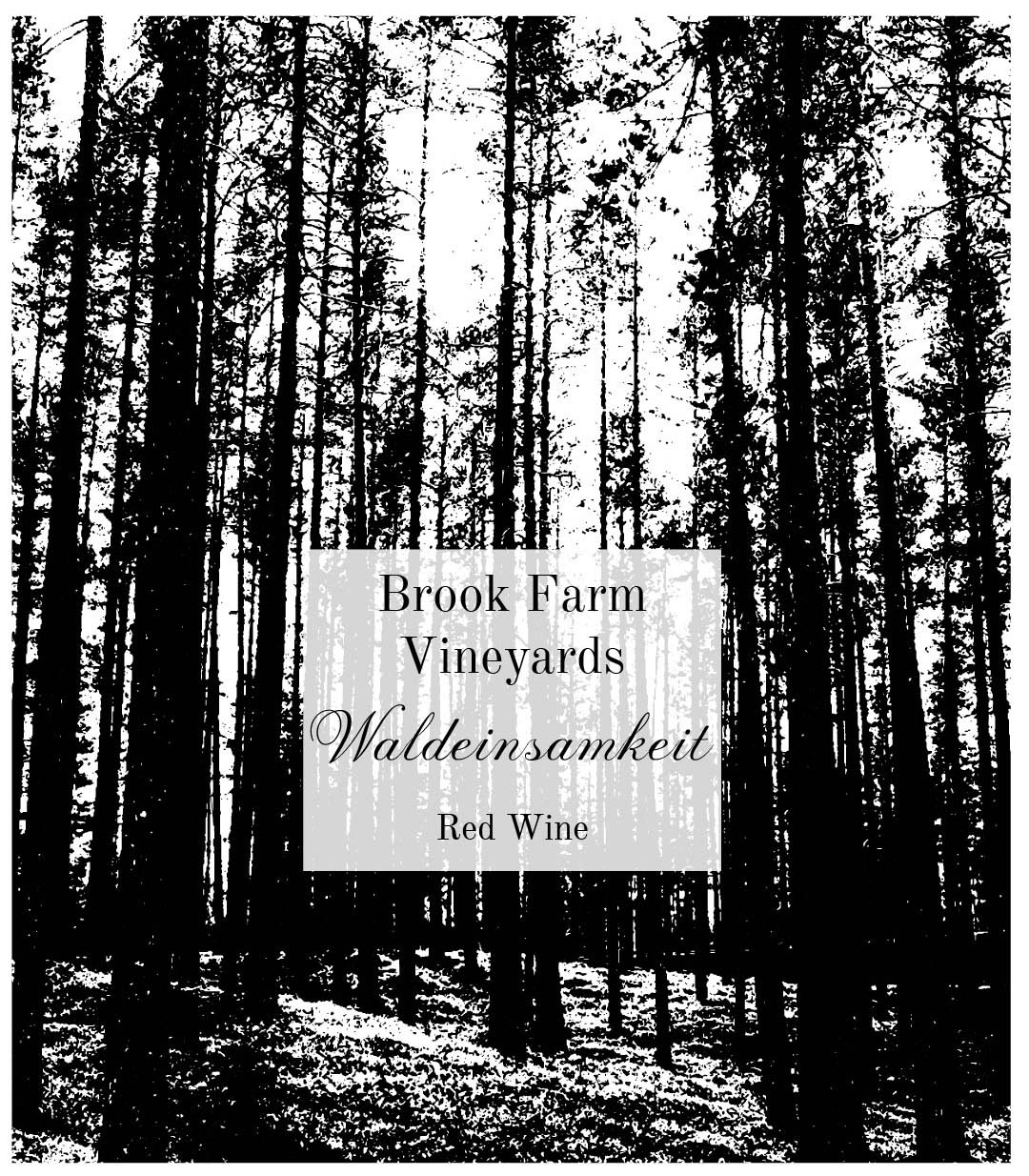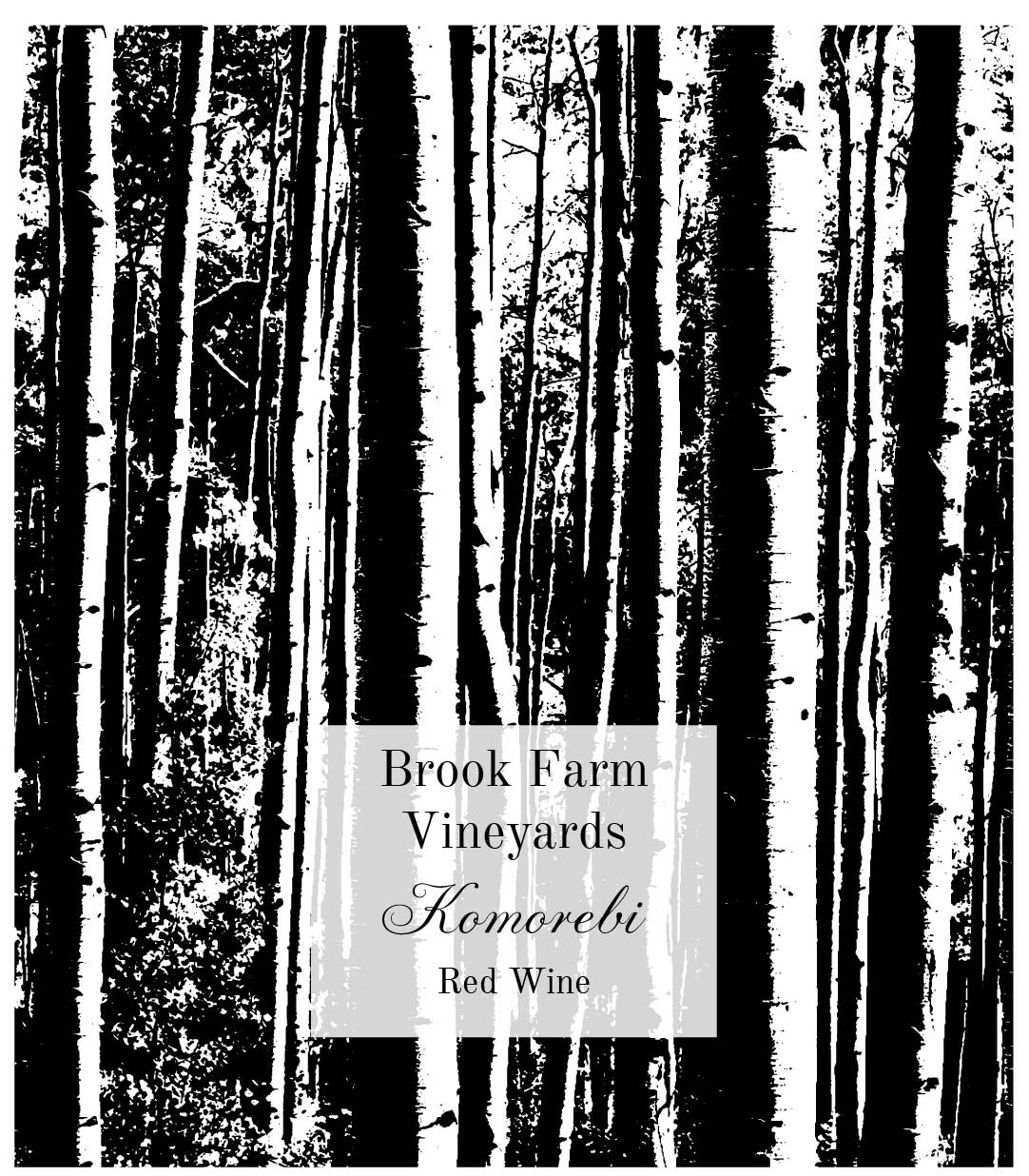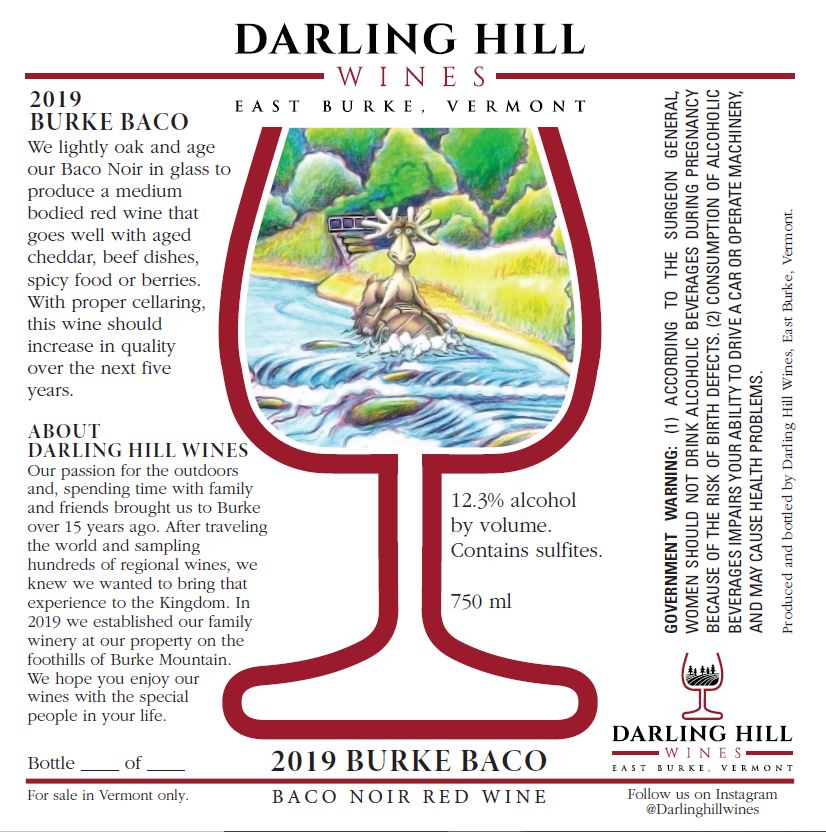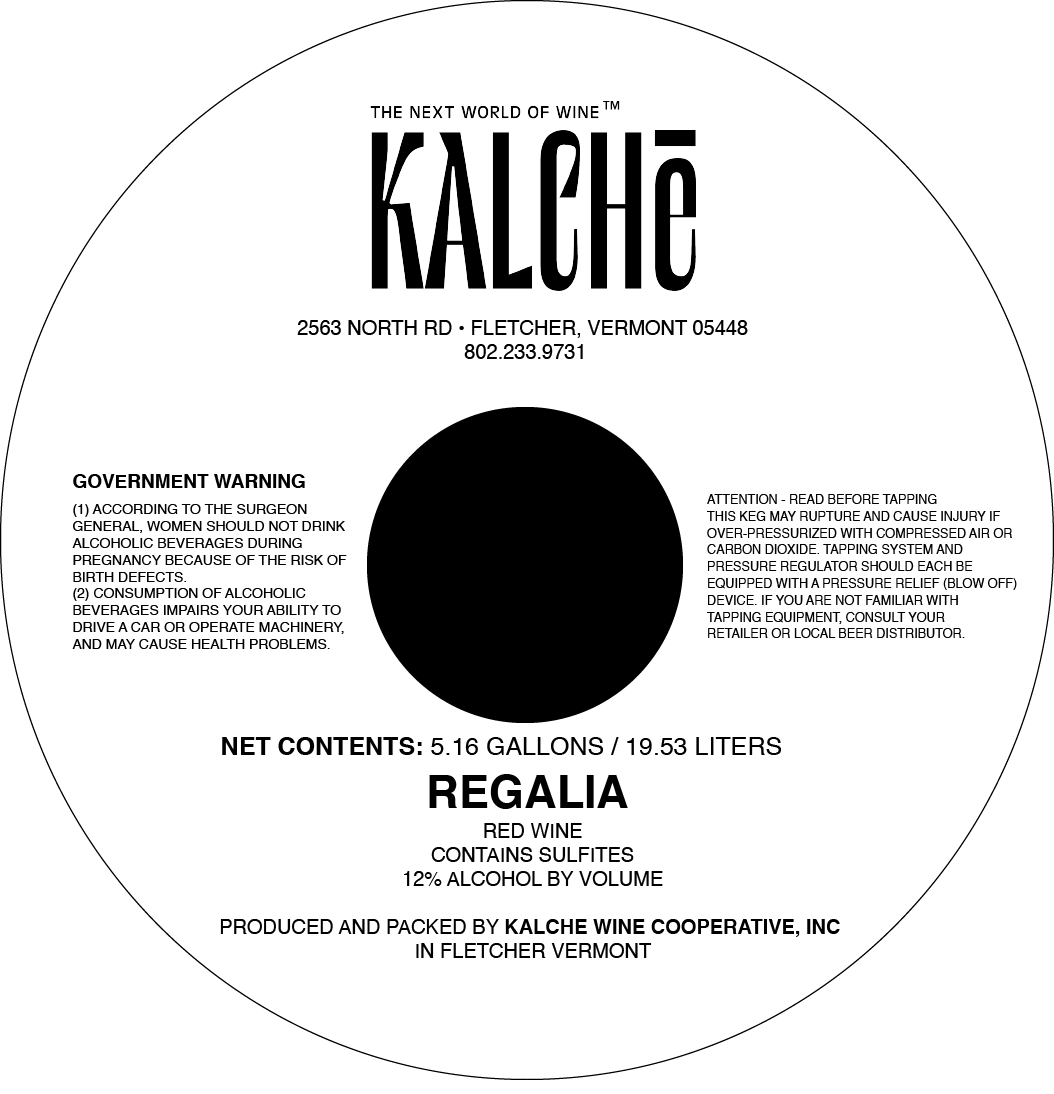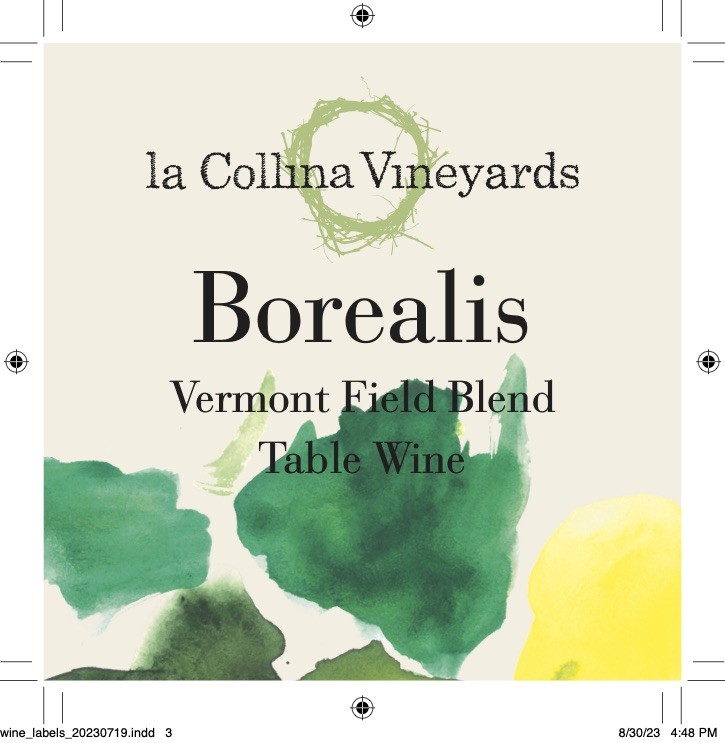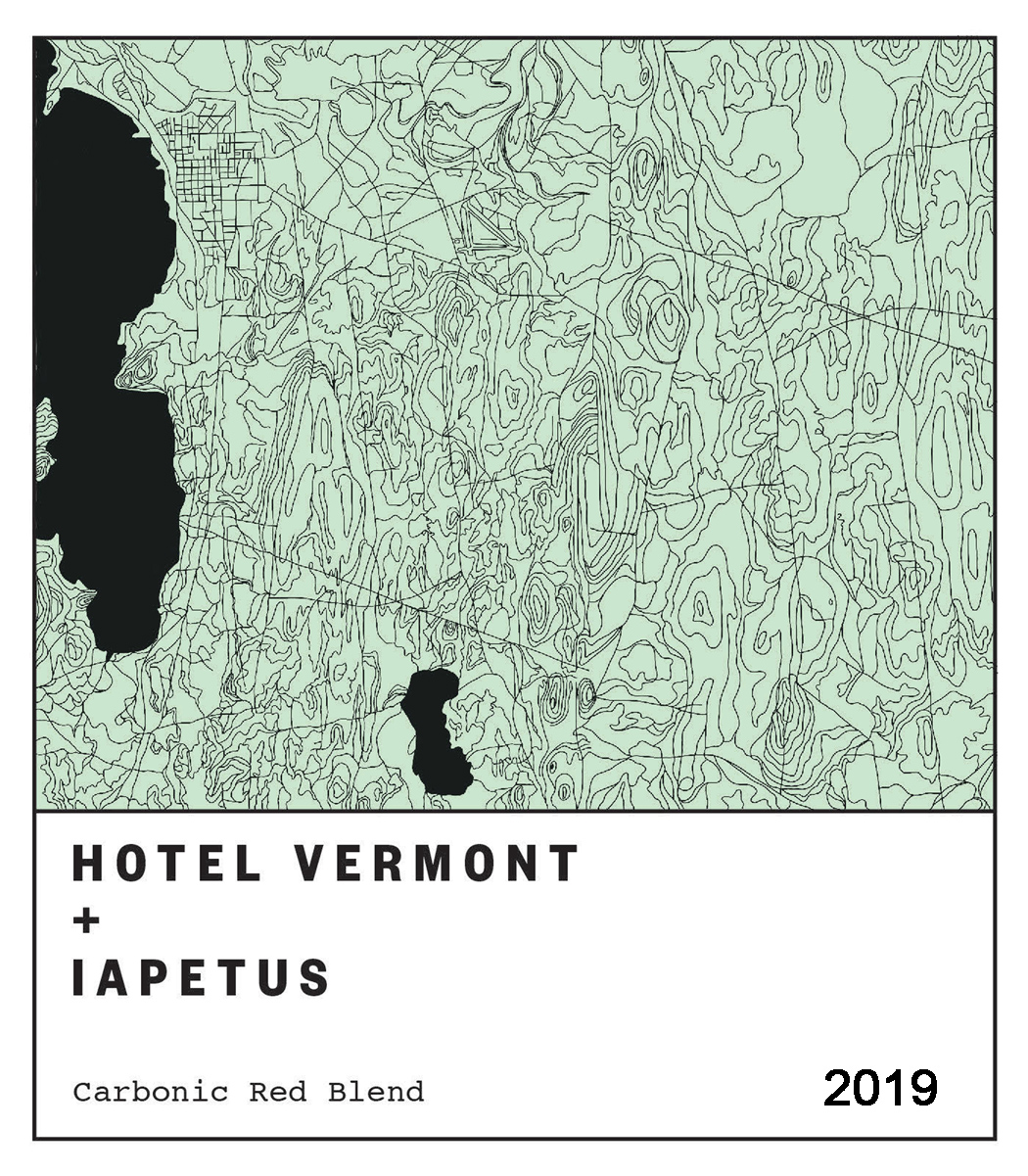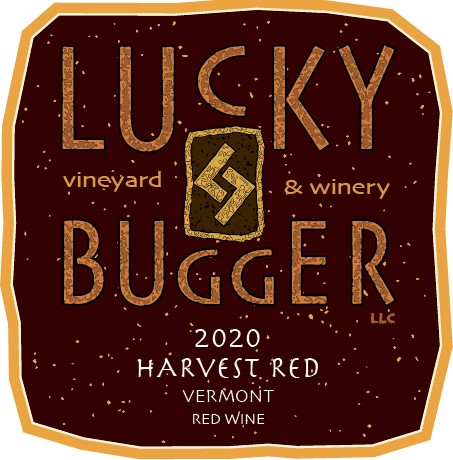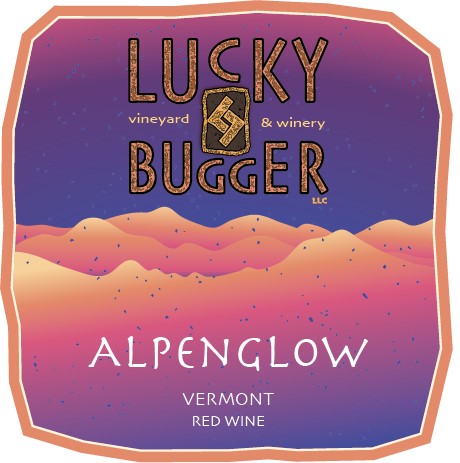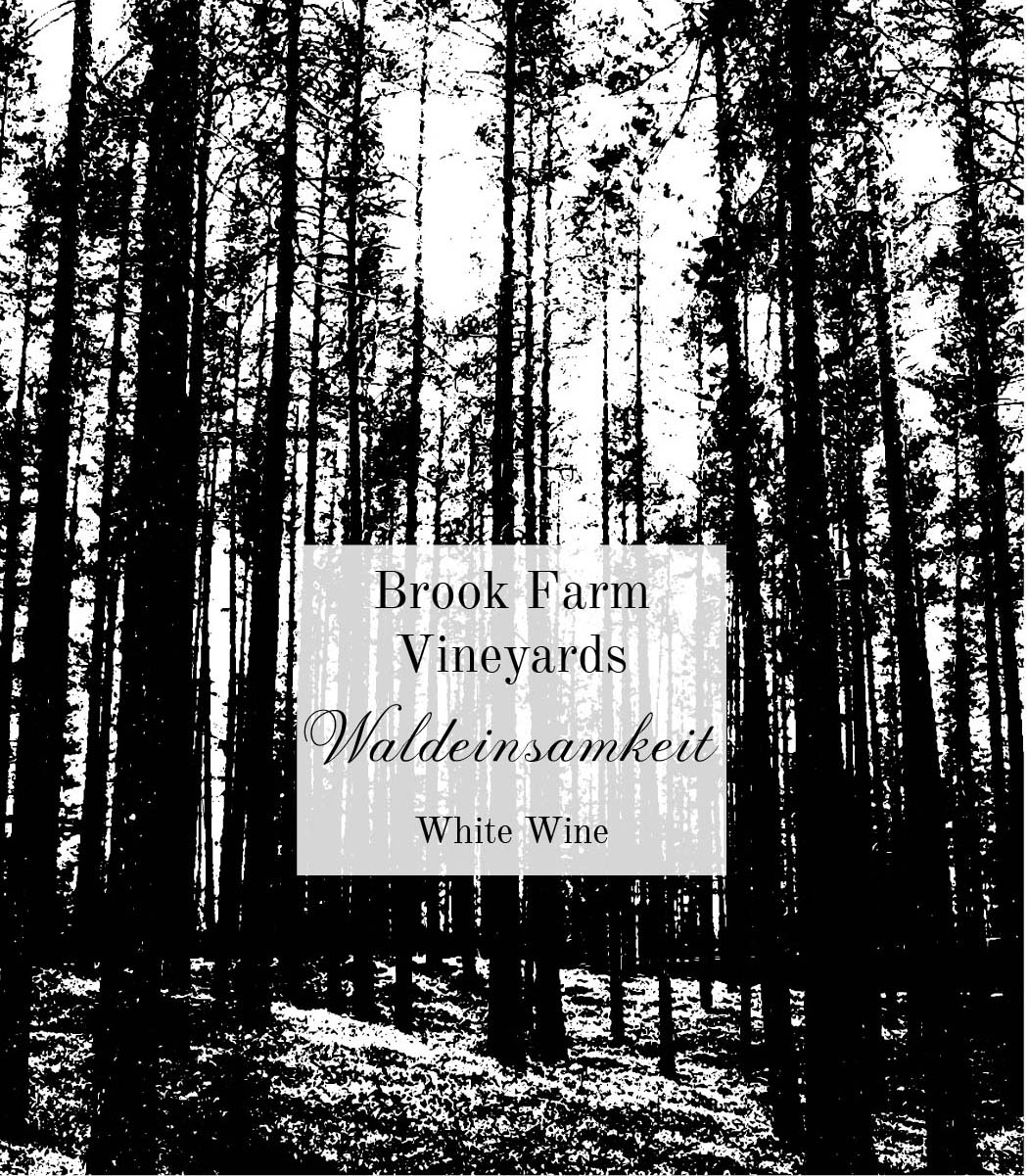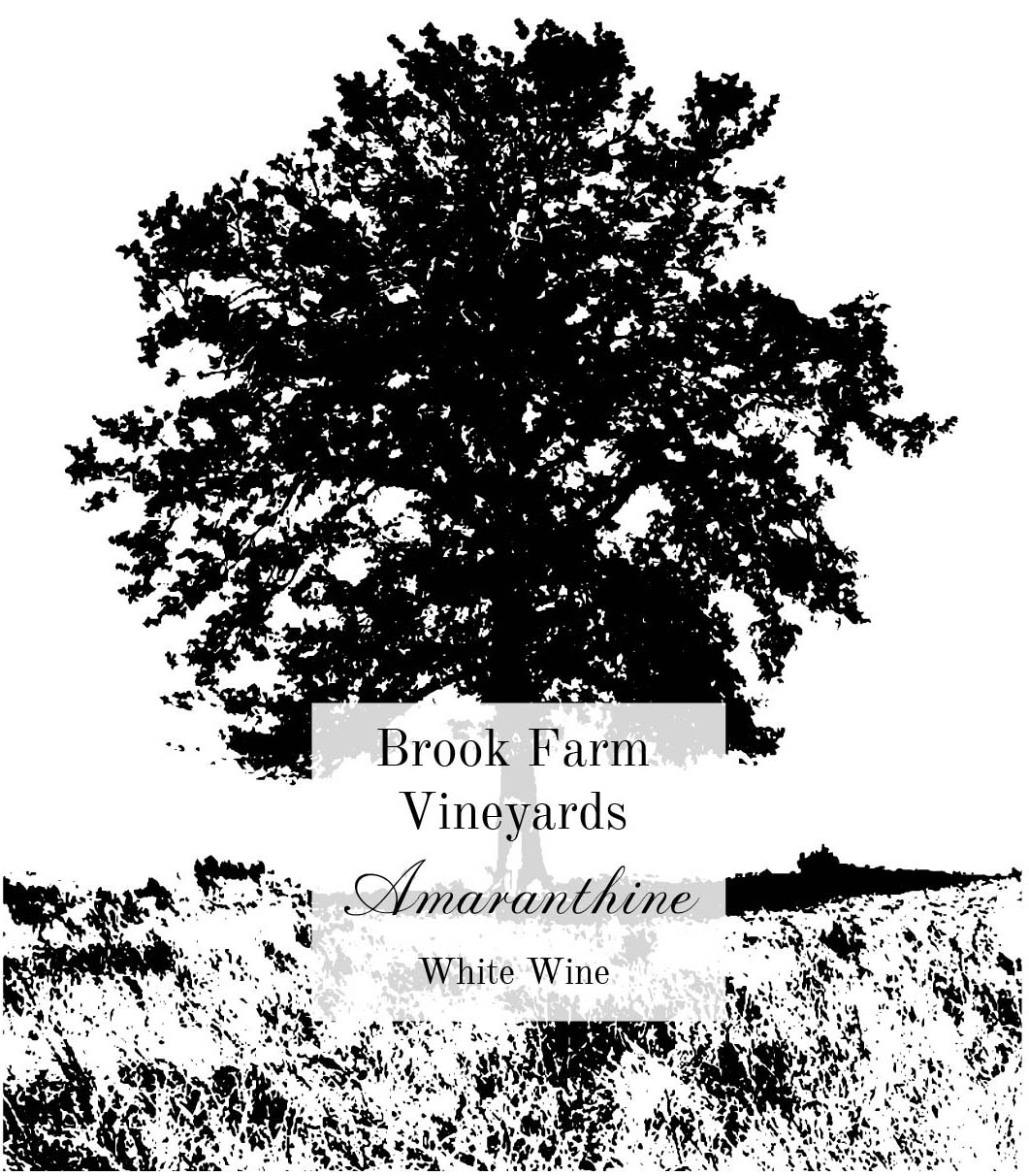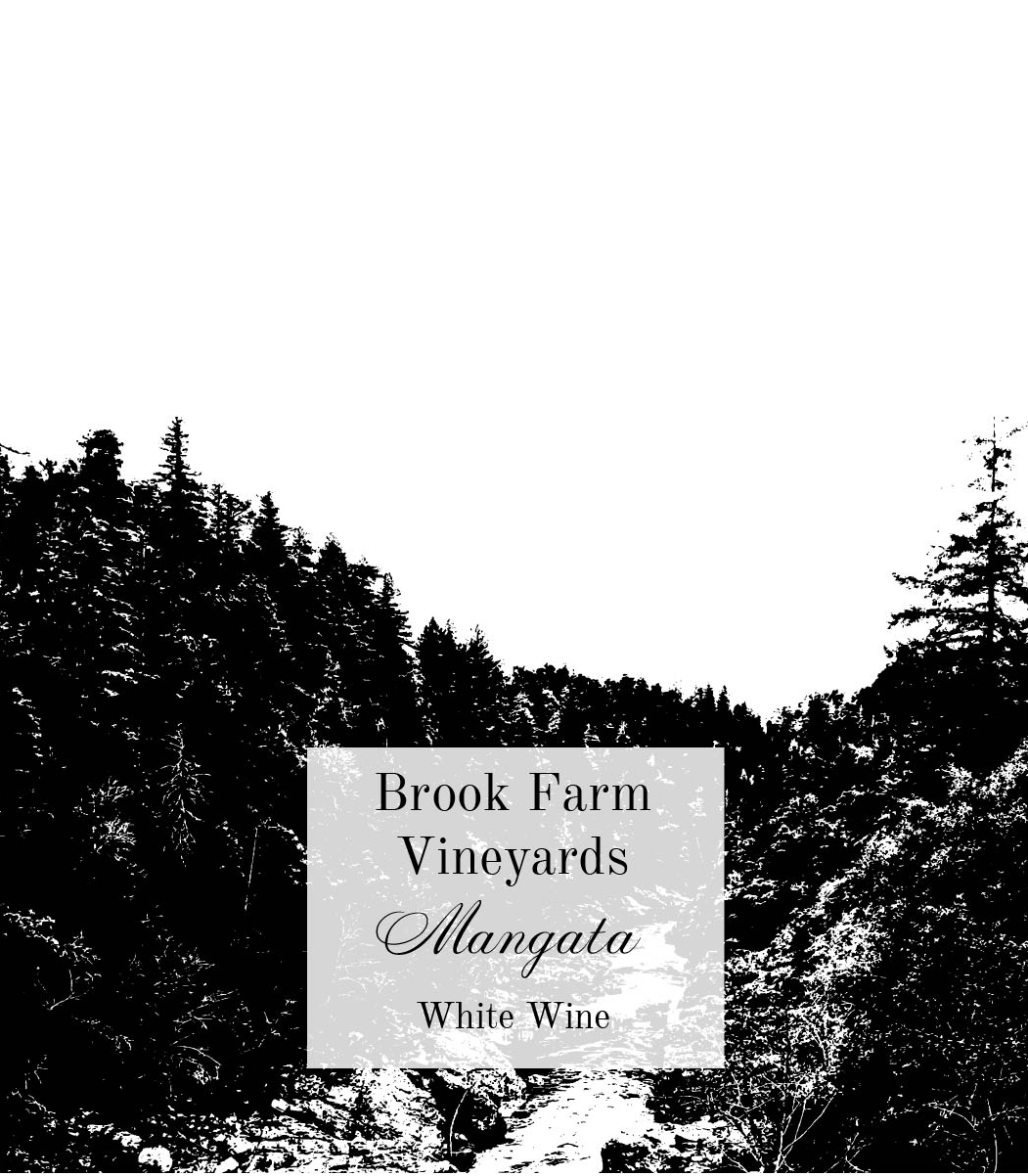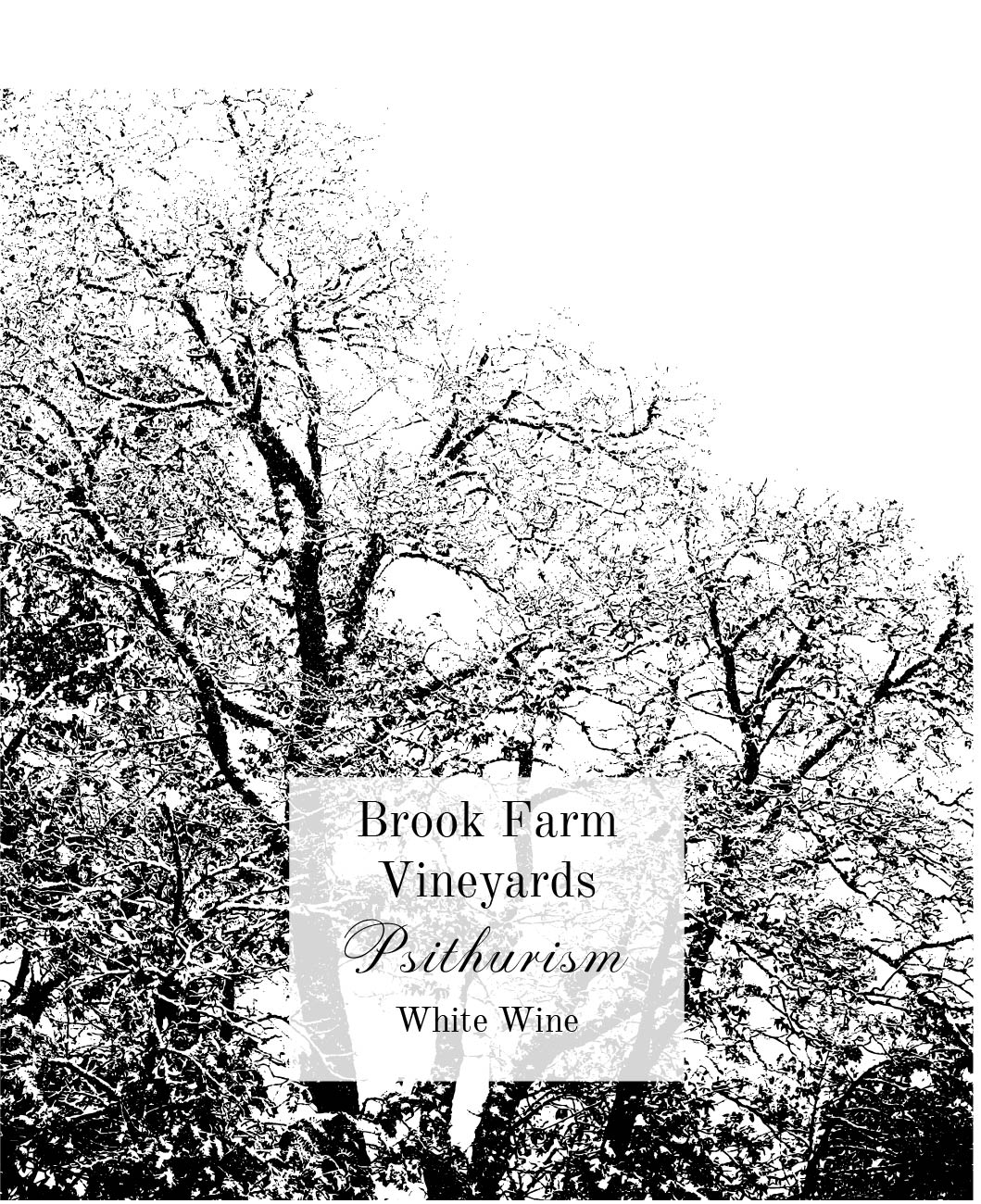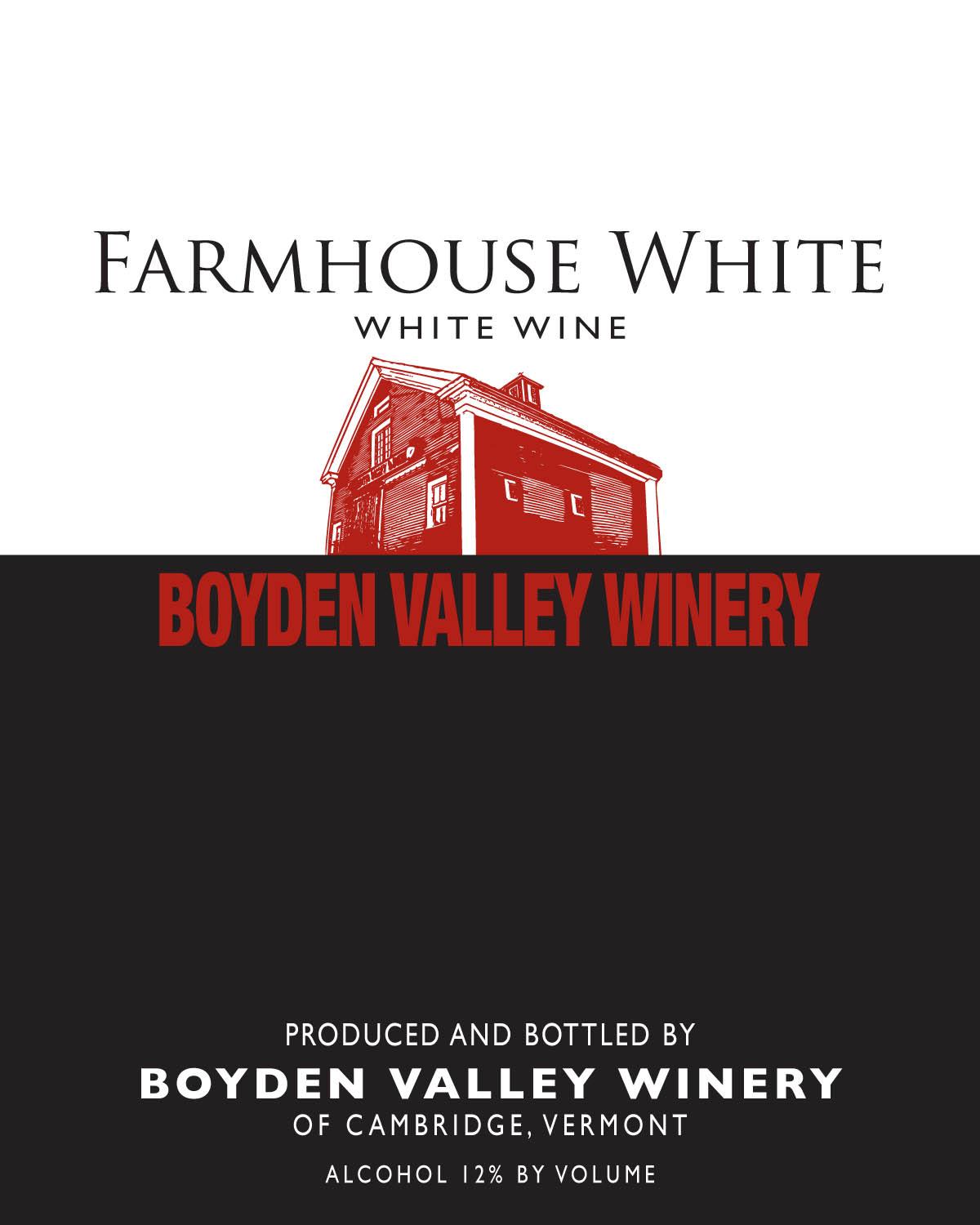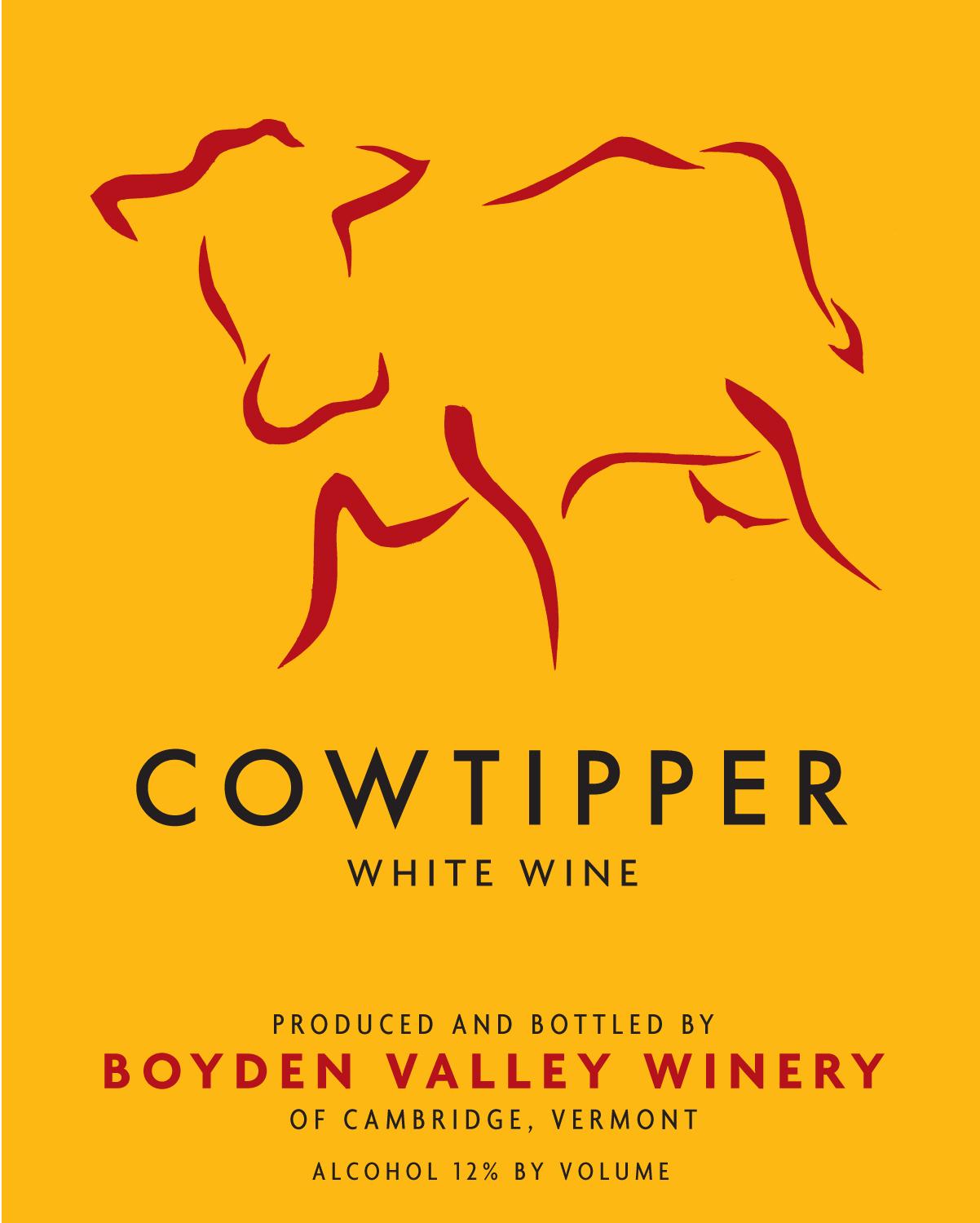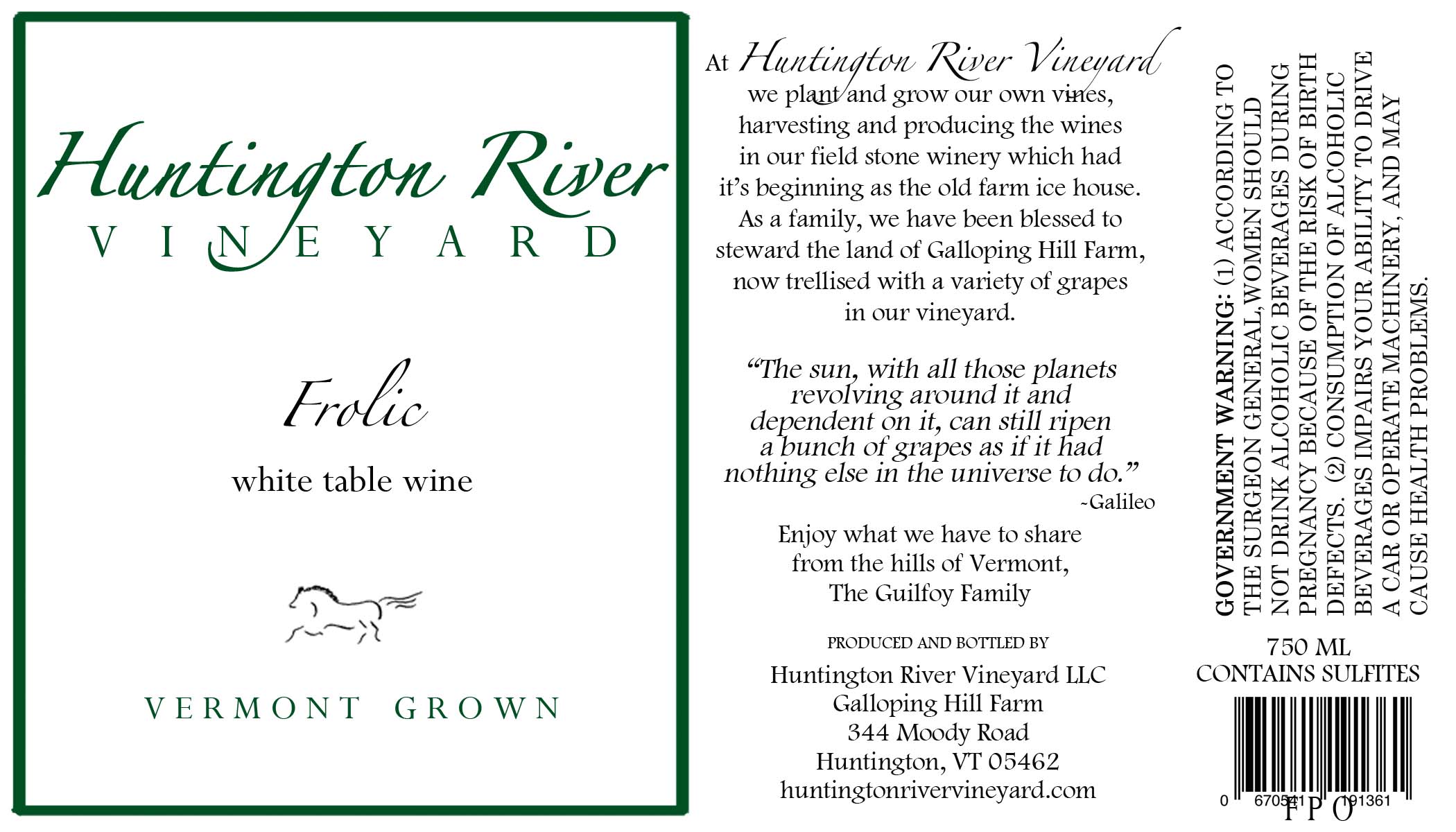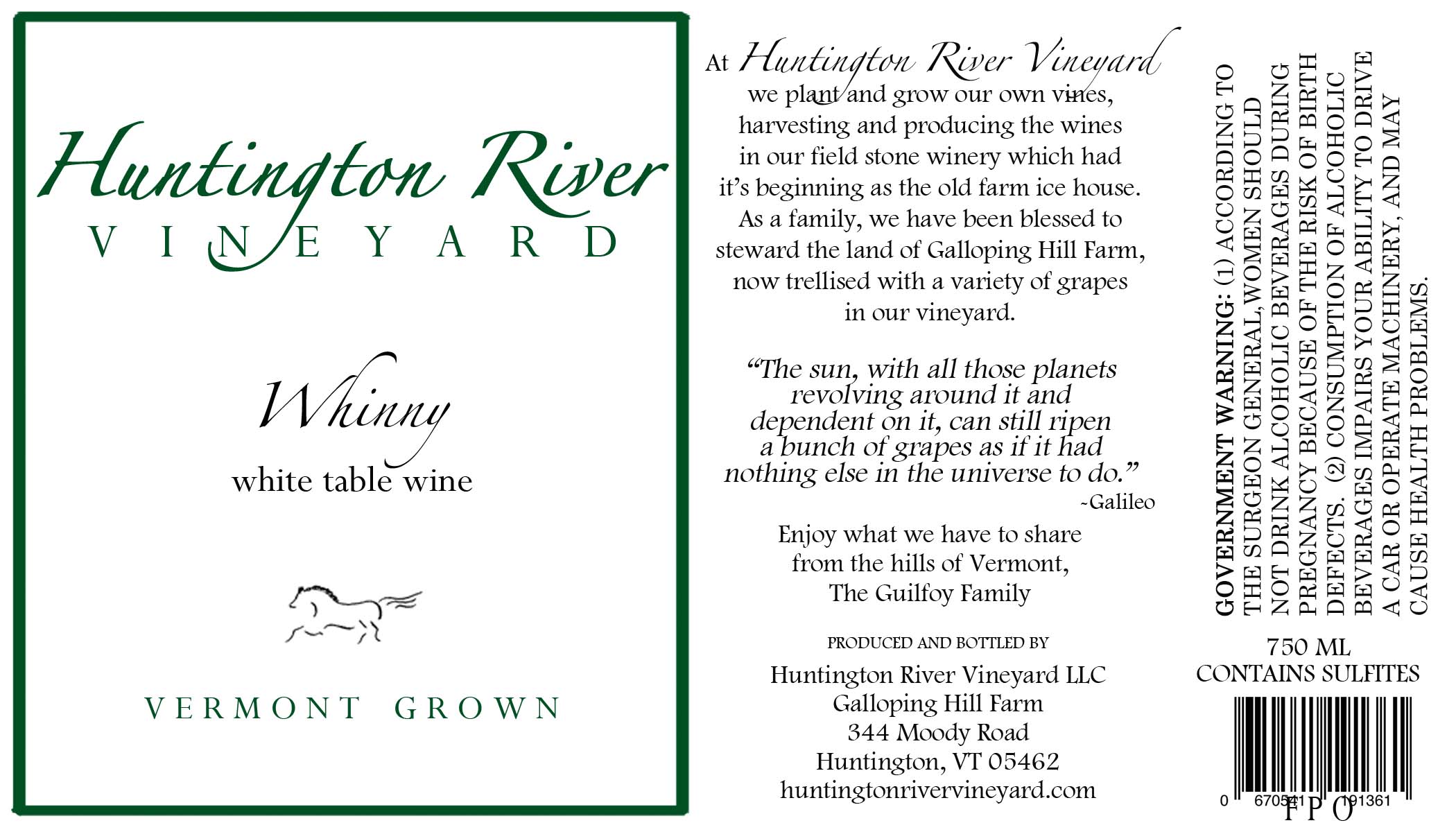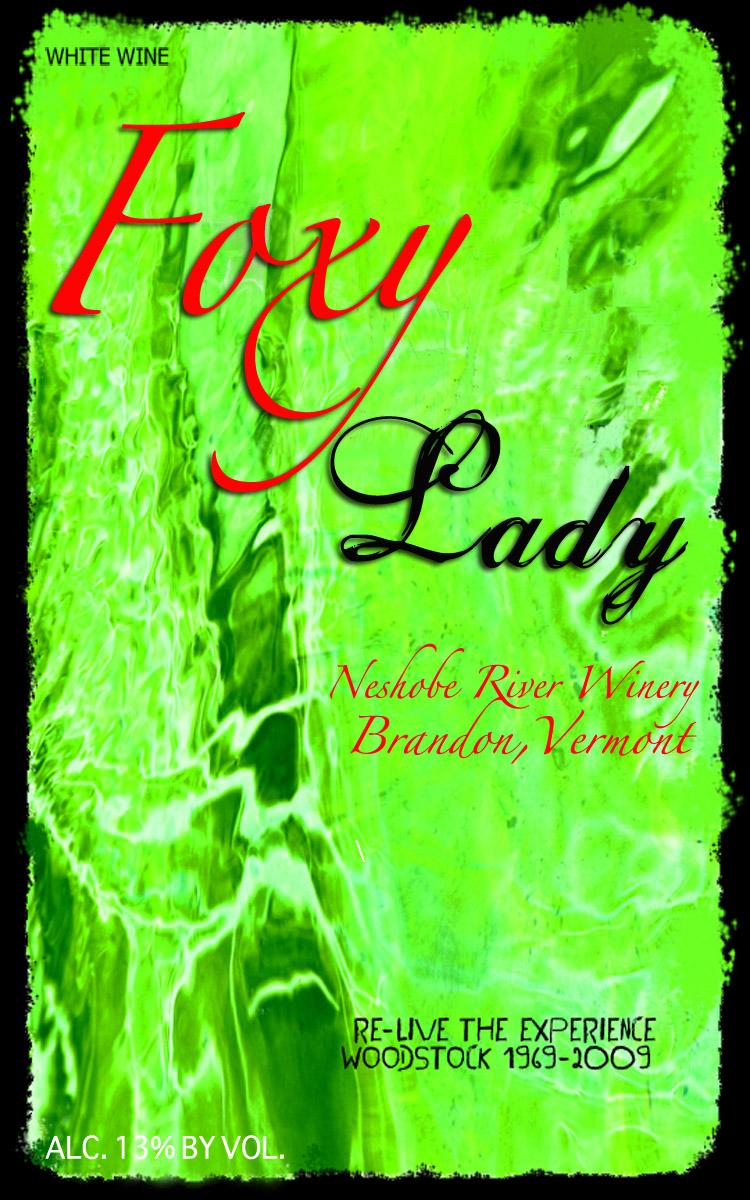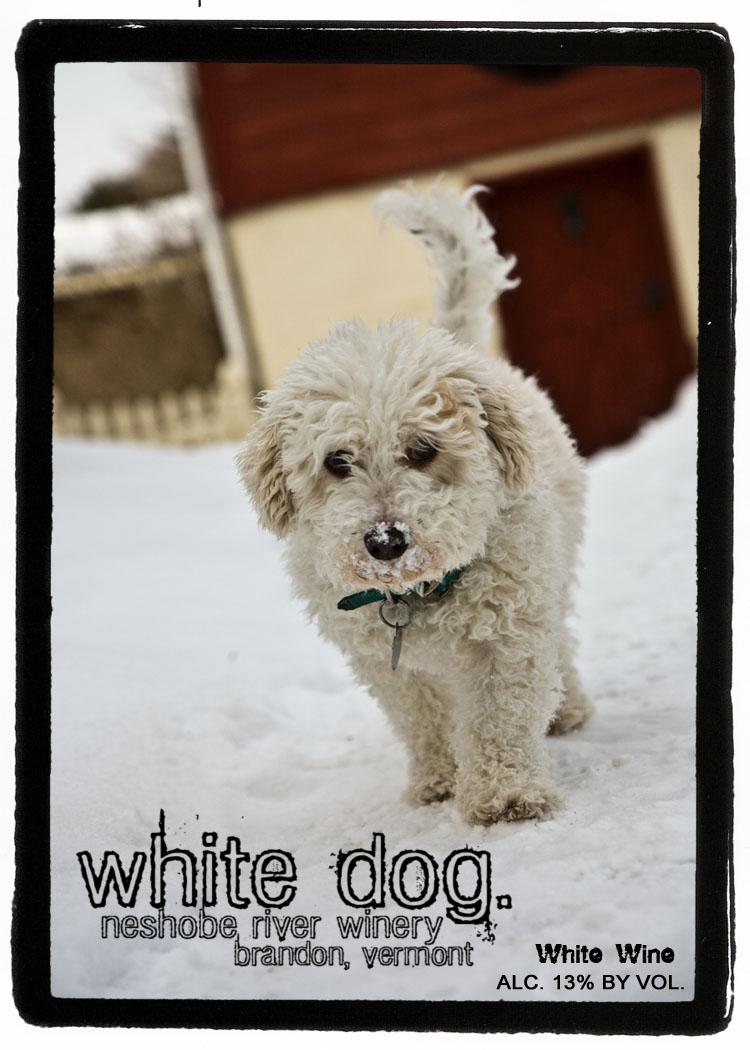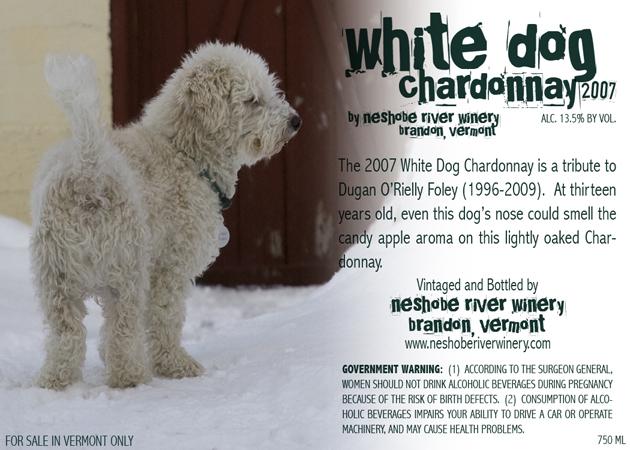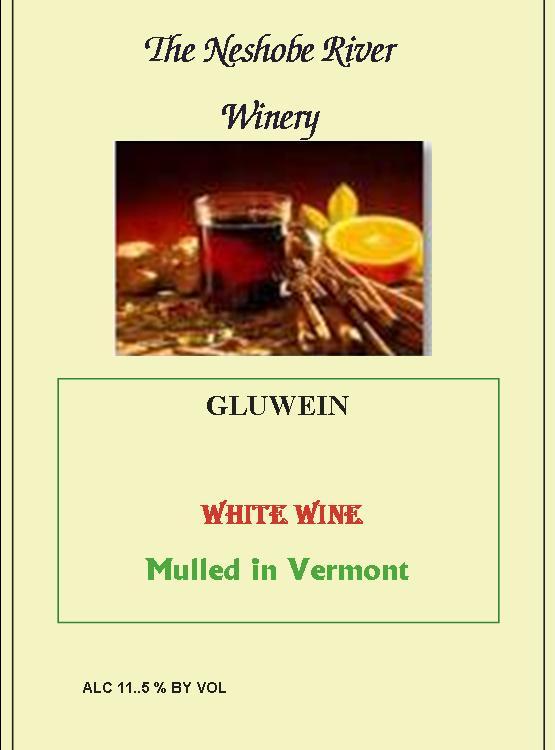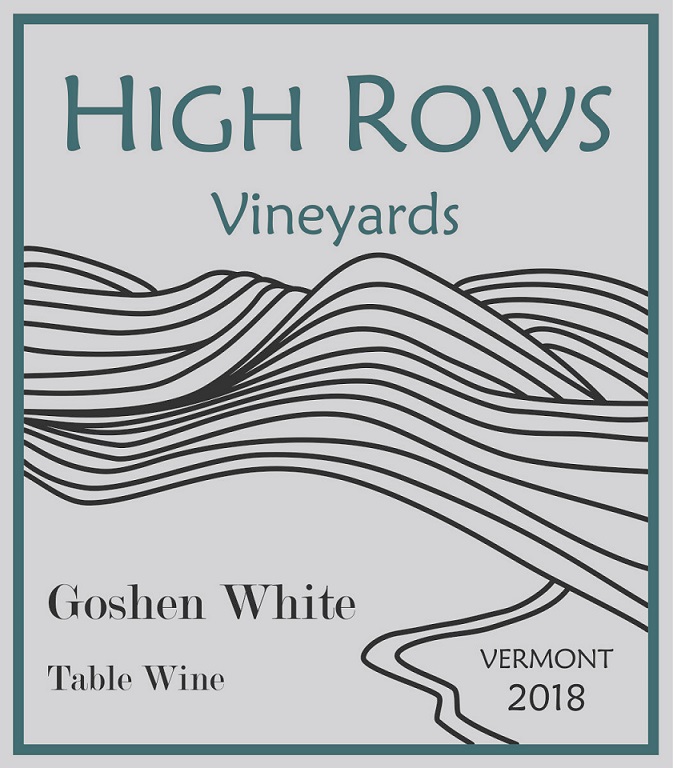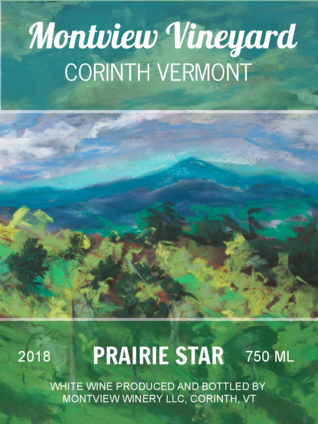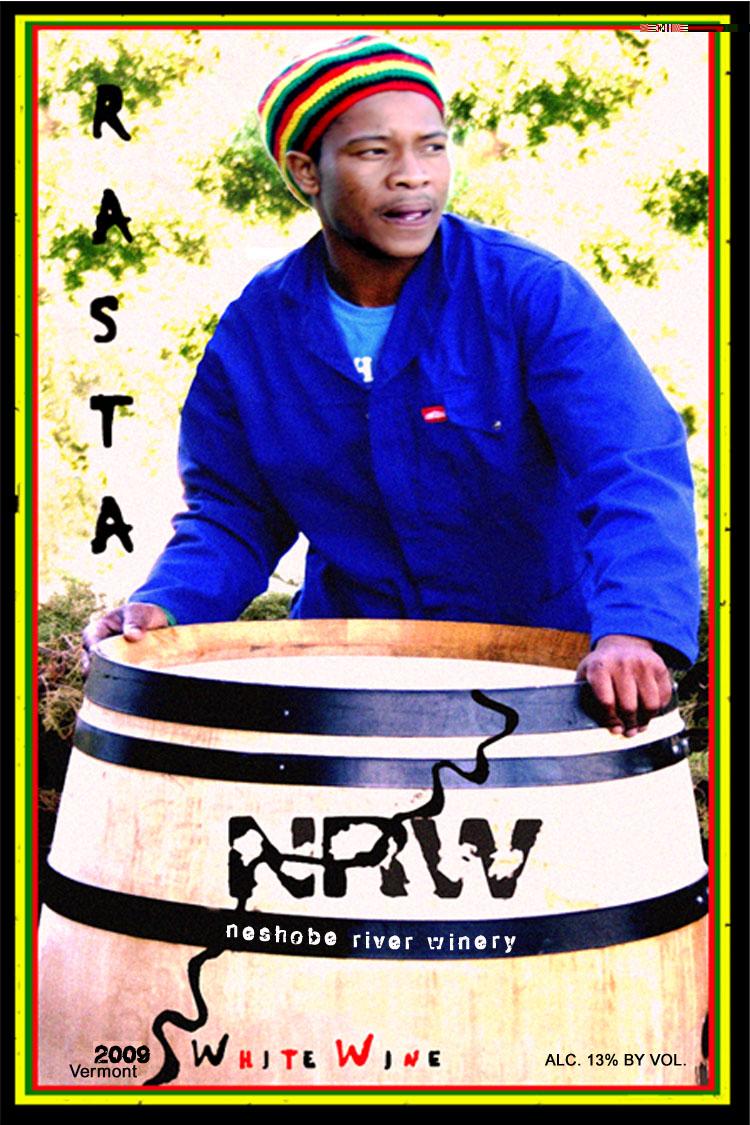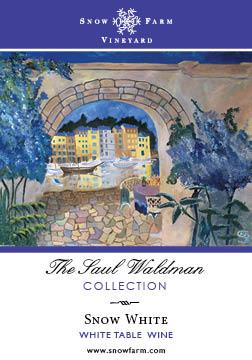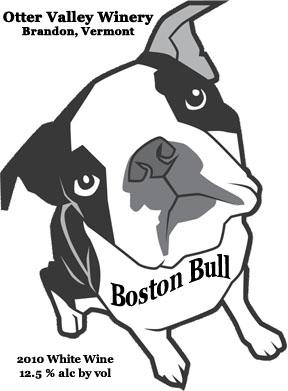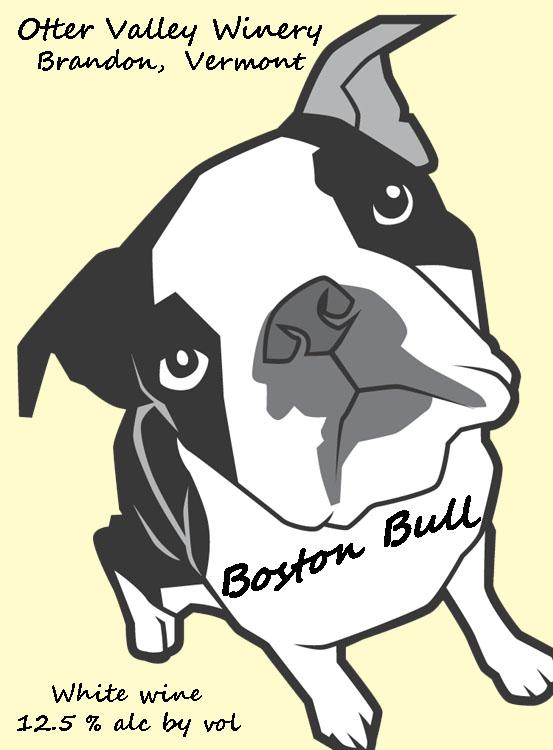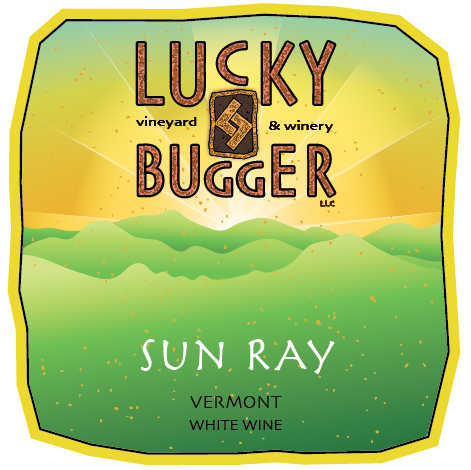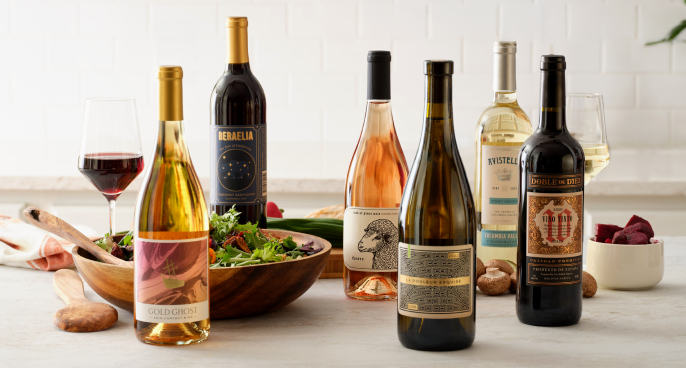Terroir of Vermont
Vermont's terroir is marked by its northern location, varied geology, and a tough continental climate. Vineyards often sit in river valleys and the foothills of the Green Mountains. The region endures harsh winters with temperatures plummeting below −20 °C, while warm summers help grapes mature quickly. Frosts in May and September pose risks, but areas like the Lake Champlain Valley offer milder conditions ideal for grape growing.
The soil variety, shaped by glacial history, ranges from well-drained sandy or silty loams to calcareous soils enriched with limestone, giving wines a unique mineral quality. Regions such as the Champlain and Connecticut River valleys have soils that enhance the vibrant acidity and minerality in Vermont wines. Even without official AVAs, sub-regions like Champlain Valley are known for their distinctive climatic and geological traits, adding character to the state's wines.
Notable Wineries in Vermont
Vermont’s wine landscape is captivating, with unique wineries showcasing the state’s cool climate and resilient grape varieties. Here are some must-visit wineries:
-
Snow Farm Vineyard: The pioneer of Vermont winemaking, located on Lake Champlain. Known for Riesling and Pinot Noir.
-
Shelburne Vineyard: A leader in sustainable practices, famous for Marquette and Frontenac wines.
-
Lincoln Peak Vineyard: Specializes in Marquette and Farnsworth red hybrids, offering wines with depth and complexity.
-
Boyden Valley Winery: Among the first in Vermont, known for ice wines and diverse offerings like rhubarb and maple wines.
-
Domaine de la Garagista: A boutique winery focusing on natural wines with organic and biodynamic methods, gaining international acclaim.
Sustainable Winemaking in Vermont
In Vermont, sustainability is central to winemaking, aligning with the state's ethos of environmental stewardship. With nearly 30 wineries, most employ organic and regenerative practices. These involve using disease-resistant grapes, cover crops, and livestock instead of chemicals to maintain healthy soils and vines. Such techniques reduce reliance on synthetic inputs, crucial in Vermont's humid climate.
In the cellar, natural winemaking is common, with many opting for wild yeast fermentations and minimal intervention to showcase Vermont's unique terroir. This approach resonates with consumers seeking authentic wines that reflect the land. Vermont's commitment to sustainability not only preserves its pristine environment but also crafts distinct wines, capturing the essence of its resilient grape varieties and diverse soils.
Wine Tourism in Vermont
Vermont offers an intimate wine tourism experience, highlighting its unique cool-climate wines. With around 17 wineries featuring established tasting rooms, visitors can enjoy personal encounters with winemakers in picturesque settings. The Champlain Valley is a prime area, featuring boutique wineries like Snow Farm Vineyard and Shelburne Vineyard, known for their sustainable practices.
Vermont’s wine trails offer scenic drives and opportunities to explore resilient grape varieties such as Marquette and La Crescent. The region’s diverse soils and commitment to organic methods enhance the wine's distinct flavors. Events like the Vermont Wine & Harvest Festival in the Mt. Snow/Deerfield Valley area celebrate local produce and culture, drawing hundreds of wine enthusiasts during peak foliage season.
Tasting rooms often pair wines with Vermont specialties like cheeses and maple products. The state’s emphasis on quality and sustainability shines through in its wines, offering a glimpse into the art of crafting wines in challenging climates.

